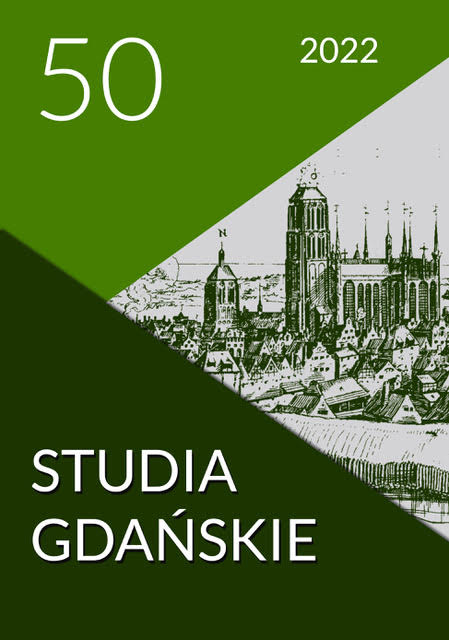Konflikt Miriam i Aarona z Mojżeszem w Targumie Neofiti i w Targumie Pseudo-Jonatana
The Conflict of Miriam and Aaron against Moses in Targum Neofiti and Targum Pseudo-Jonathan
Author(s): Anna KuśmirekSubject(s): Christian Theology and Religion, Theology and Religion
Published by: Gdańskie Seminarium Duchowne, Kuria Metropolitalna Gdańska
Keywords: Miriam ; Aaron ; Moses ; Targum Neofiti ; Targum Pseudo-Jonathan ; Book of Numbers
Summary/Abstract: Jewish literature includes many writings, which focus on the events and figures described in the Bible. These documents aim at presenting episodes and heroes in a way that generally fills gaps in the biblical narratives, offering explanations for more difficult fragments and providing details of the lives of various characters. Expansions and additions also occur in the Aramaic renderings of the Hebrew Bible called ”Targums”. These translations have accompanied Hebrew texts. However, they have been transmitted orally and were undergoing continuous changes and modifications, until their contents were finally closed and written down. Next to a translation, Targums incorporated a paraphrase, complementary material and updating, all of which played a significant role in assisting participants at a liturgy in synagogues or individual believers in their private studies to consider and comprehend scriptural accounts. In this context, the Aramaic version of the conflict of Miriam and Aaron against Moses is worth mentioning. In this article, the author will carry out a comparative analysis of the Aramaic translations of the story found in Numbers 12:1-15 as rendered by Targum Neofiti and Targum of Pseudo-Jonathan, with particular emphasis on their presentation of Moses, Miriam and Aaron. Special attention will be paid to the character of additions and expansions offered by these Targums.
Journal: Studia Gdańskie
- Issue Year: 2022
- Issue No: 50
- Page Range: 27-41
- Page Count: 14
- Language: Polish

